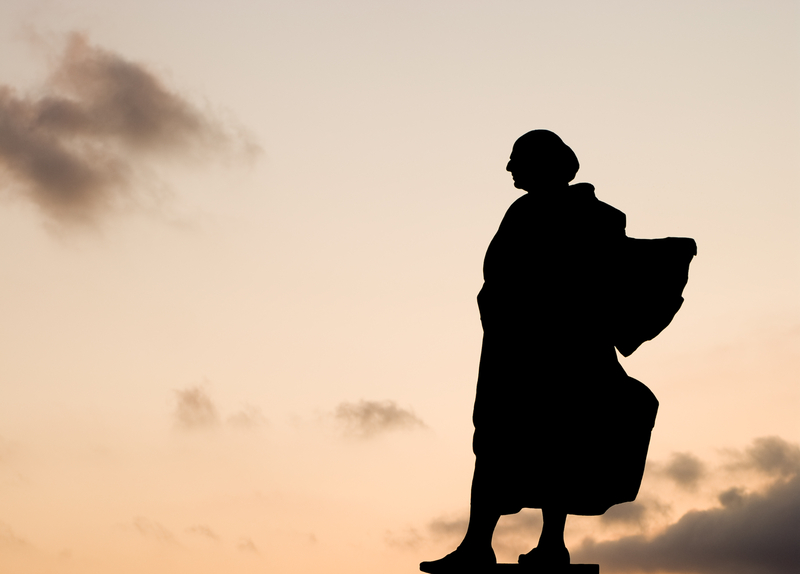The national holiday known as Columbus Day, celebrated on the second Monday of October, has long commemorated Christopher Columbus’s arrival in the Americas in 1492. However, in recent times, this day has become a focal point of contention.
Across the United States, especially in New York City and New Jersey there’s a growing movement to change the day’s name and focus to Indigenous Peoples’ Day.
To understand this movement, it’s important to recognize both perspectives: those fighting to preserve the history of Christopher Columbus and those striving to highlight the importance of Indigenous rights.
Preserving the History of Christopher Columbus:
Historical Significance: For many, Columbus Day stands as a testament to a significant moment in Western history. The voyages of Columbus marked the beginning of centuries of exploration and the eventual European settlement of the New World. Celebrating Columbus Day, to some, means acknowledging this transformative event.
Cultural Heritage: Many Italian-Americans view Columbus Day as a celebration of their heritage and the contributions Italians have made to American culture. Columbus, an Italian explorer under the Spanish crown, has been a source of pride in the Italian-American community, and for many, the holiday serves as a recognition of their ancestral ties
.Educational Opportunities: The day provides an opportunity for educators to delve into the broader history of exploration, the age of discovery, and the ensuing cultural exchanges between the Old and New Worlds.
Advocating for Indigenous Peoples’ Day:
Recognizing the First Inhabitants: The push for Indigenous Peoples’ Day underscores the need to recognize and honor the first inhabitants of the Americas. Before the arrival of Columbus, diverse Indigenous cultures thrived on the continent, each with its unique traditions, languages, and histories.
Highlighting Historical Inaccuracies: Critics argue that the traditional narrative around Columbus Day overlooks the adverse impacts of colonization, such as the introduction of diseases, forced labor, and loss of land and culture. By renaming and refocusing the holiday, advocates hope to provide a more accurate account of history.
Addressing Past Injustices: The movement towards Indigenous Peoples’ Day serves as a broader call to address the injustices faced by Indigenous communities throughout history and in contemporary times. By bringing attention to these issues, advocates aim to foster understanding and bring about meaningful change.
States like New York and New Jersey, among others, have engaged in discussions and legislative actions to rename the holiday. Such changes reflect a broader national conversation on how best to represent and understand the multifaceted history of the United States.
The New York City Council is not only seeking the head of Christopher Columbus, but also George Washington, Thomas Jefferson and others.
The debate surrounding Columbus Day and Indigenous Peoples’ Day is not just about a name change; it’s about understanding history from multiple perspectives. As communities continue these discussions, the hope is that they can find a way to honor all aspects of our nation’s rich tapestry.
